How Stress Affects Blood Pressure & Ways to Control It Naturally
Oct 17, 2025
Introduction: When Your Emotions Influence Your Heartbeat
Have you ever noticed your heart pounding faster before an important meeting or while stuck in traffic? That’s your body reacting to stress. Stress is not just a mental state — it’s a full-body experience. It affects your breathing, digestion, hormones, and yes, even your blood pressure.
While occasional stress is normal and even helpful in motivating you, constant or chronic stress can silently harm your heart and blood vessels. Studies show that long-term stress is directly linked to high blood pressure (hypertension) — a leading cause of heart attack and stroke worldwide.
In this blog, let’s dive deep into how stress affects blood pressure, what actually happens inside your body when you’re under pressure, and what you can do to control it naturally.
What Happens Inside Your Body During Stress
When you encounter a stressful situation — a traffic jam, financial trouble, or a family argument — your body activates its built-in alarm system known as the fight-or-flight response.
Here’s what happens step by step:
- The Brain Responds First
Your brain perceives a threat and signals the hypothalamus to activate the sympathetic nervous system (SNS). - Hormones Rush In
The SNS prompts your adrenal glands to release adrenaline (epinephrine) and norepinephrine, two powerful stress hormones. These increase your heart rate, tighten your blood vessels (vasoconstriction), and cause an immediate rise in blood pressure. - Cortisol Joins the Fight
When stress lasts longer, another hormone — cortisol — gets released. Cortisol helps your body stay alert, but when it stays elevated for too long, it can cause blood vessel stiffness, insulin resistance, and fluid retention, all of which contribute to hypertension. - Overworked Systems
Continuous activation of these systems — known as neuroendocrine activation — can disrupt the Renin–Angiotensin–Aldosterone System (RAAS), leading to sustained high blood pressure.
In short, when stress becomes chronic, your body forgets how to relax, keeping your heart and blood vessels under constant pressure.
Short-Term vs Long-Term Impact of Stress on Blood Pressure
Short-Term (Acute Stress)
Short bursts of stress, such as an exam or a sudden fright, cause a temporary rise in blood pressure. Once the situation resolves, your heart rate and blood pressure return to normal. This is called acute stress response, and it’s usually harmless.
Long-Term (Chronic Stress)
Chronic stress — caused by ongoing life struggles like job insecurity, caregiving, or financial issues — is far more damaging. It keeps your sympathetic nervous system constantly active, resulting in:
- Continuous vasoconstriction (narrowing of blood vessels)
- Increased heart rate and peripheral resistance
- Endothelial dysfunction (damage to the inner lining of blood vessels)
- Excess production of cortisol and aldosterone
Over time, this leads to stress-induced hypertension — a condition where stress alone can keep blood pressure high. It may even cause white coat hypertension (temporary BP rise in clinical settings) or masked hypertension, which goes undetected during routine check-ups.
Everyday Causes of Stress That Affect Blood Pressure
We often underestimate how many daily factors add to our stress load. Here are the most common ones:
- Emotional & Mental Stress:
Anxiety, anger, grief, and worry can trigger the release of stress hormones within seconds. - Work-Related Stress:
Long working hours, strict deadlines, multitasking, and job insecurity can keep your body in constant alert mode. - Financial Pressure:
Managing debts, bills, and uncertain income can be emotionally exhausting, leading to chronic stress. - Lifestyle Factors:
Lack of sleep, sedentary habits, smoking, excessive caffeine, and alcohol consumption can worsen both stress and BP. - Social or Family Stress:
Relationship issues, social isolation, or caregiving responsibilities contribute to psychosocial stress, often ignored but very impactful.
How to Know If Stress Is Raising Your Blood Pressure
High blood pressure is often called the “silent killer” because it doesn’t show obvious symptoms. However, when it’s stress-related, you might experience:
- Frequent headaches
- Racing heart or palpitations
- Sweating or trembling
- Fatigue and restlessness
- Difficulty sleeping or concentrating
- Tension in the neck, shoulders, or jaw
The best way to be sure is to monitor your BP at home using a reliable device. Record your readings daily, especially during stressful times. If your BP remains above 130/80 mmHg, consult your doctor for further evaluation.
Ways to Control Stress and Maintain Healthy Blood Pressure
The good news? You can bring your stress — and your blood pressure — back under control with some lifestyle and behavioral changes. Let’s explore what actually works.
A. Relaxation Techniques
Relaxation doesn’t just mean sitting quietly — it means actively resetting your body’s stress response. Try these:
- Deep Breathing / Diaphragmatic Breathing:
Slow, deep breathing activates your parasympathetic nervous system, lowering heart rate and blood pressure. - Mindfulness Meditation:
Practicing mindfulness — focusing on the present without judgment — can reduce cortisol levels and anxiety. - Progressive Muscle Relaxation:
Tense and then release different muscle groups to ease tension in the body. - Guided Imagery:
Visualize calming scenes like the ocean, a forest, or a peaceful room — it distracts your mind from stress. - Yoga and Tai Chi:
These combine gentle movement, breath control, and mindfulness to improve both mental and cardiovascular health.
Research shows that regular relaxation practices can reduce systolic blood pressure by up to 10 mmHg.
B. Stay Physically Active
Exercise is one of the best stress management techniques available.
It releases endorphins — natural mood lifters — and improves heart efficiency.
- Aerobic activities: walking, cycling, jogging, swimming.
- Strength training: improves circulation and muscle tone.
- Mind-body workouts: yoga, pilates, or tai chi for holistic stress relief.
Aim for 30–45 minutes of moderate exercise five days a week. Even brisk walking can help reduce stress hormones and improve vascular flexibility.
C. Eat Smart: The DASH Diet Way
Food can be your medicine — or your enemy. The DASH diet (Dietary Approaches to Stop Hypertension) is proven to lower blood pressure naturally.
What to eat more of:
- Fresh fruits and vegetables
- Whole grains (brown rice, oats, millet)
- Lean proteins (fish, chicken, lentils)
- Potassium-rich foods like bananas, spinach, sweet potatoes
- Low-fat dairy and nuts
What to limit:
- Processed and fried foods
- Excess salt (aim below 1,500 mg per day)
- Caffeine, alcohol, and sugary beverages
This balanced approach prevents sodium-induced water retention, helping to lower systolic and diastolic pressure while improving your energy levels.
D. Manage Your Mind: Psychological & Behavioral Strategies
Chronic stress often begins in the mind. Address it where it starts.
- Cognitive Behavioral Therapy (CBT): Helps identify and replace negative thinking patterns.
- Gratitude Journaling: Write three things you’re grateful for each day — it shifts focus from stress to positivity.
- Time Management: Organize tasks, take breaks, and avoid multitasking.
- Positive Psychology: Practicing kindness, forgiveness, and optimism lowers stress hormones.
- Avoid Negative Coping: Replace smoking, overeating, or excessive screen time with healthier outlets like walking, reading, or meditation.
By managing your emotions proactively, you prevent the chain reaction that leads from mental stress to high blood pressure.
E. Sleep & Social Connection
Sleep and social support are two underrated stress-busters.
- Sleep hygiene: Keep a consistent bedtime, avoid screens before bed, and maintain a calm environment.
- Social connection: Talk to loved ones, share your feelings, and stay engaged with your community.
- Relaxation breaks: Take 5–10 minutes every few hours to stretch, breathe, or walk away from your desk.
People with strong social ties and good sleep hygiene have significantly lower rates of hypertension and cardiovascular disease.
When to Seek Professional Help
If lifestyle changes don’t help or you notice your blood pressure staying high, consult a healthcare professional.
You may benefit from:
- Biofeedback therapy: Helps you consciously control physical responses like heart rate and BP.
- Stress management programs: Structured guidance from psychologists or counselors.
- Medical management: In cases of chronic hypertension, doctors may prescribe medication to support heart function while you continue lifestyle modifications.
Never ignore persistent symptoms like severe headaches, chest pain, or shortness of breath — these require immediate attention.
Preventive Lifestyle Habits for Long-Term Heart Health
Think of heart health as a lifelong partnership. Protect it by building healthy habits:
- Exercise regularly
- Eat a balanced, low-salt diet
- Maintain a healthy weight
- Quit smoking and limit alcohol
- Sleep at least 7 hours per night
- Practice relaxation daily
- Get your BP checked once a month
A few mindful steps each day can prevent decades of cardiovascular trouble.
Key Facts
Chronic stress increases cortisol, leading to higher BP readings.
People with unmanaged stress have a 25% greater risk of developing hypertension.
Deep breathing and mindfulness can lower BP by up to 10 mmHg naturally.
The DASH diet is clinically proven to reduce hypertension without medication.
Just 30 minutes of daily exercise can reduce stress hormones by 20%.
Quality sleep (7–8 hours) reduces risk of hypertension by up to 33%.
Conclusion: A Calm Mind Leads to a Healthy Heart
Stress is an inevitable part of modern life, but chronic tension doesn’t have to control your health. By making small changes — breathing deeply, staying active, eating smart, and sleeping well — you can manage stress and protect your heart from the silent damage of high blood pressure.
Remember, your heart listens to your emotions.
So take a deep breath, slow down, and give your body the calm it deserves — because a peaceful mind keeps your blood pressure in check.
FAQs
Can stress cause high blood pressure permanently?
Yes, chronic stress keeps your body in fight-or-flight mode, which can lead to long-term hypertension.
How can I lower stress quickly at home?
Try deep breathing, stretching, or listening to calming music for 10 minutes to reset your mind.
Does anxiety raise blood pressure?
Yes, anxiety releases adrenaline, which temporarily increases BP and heart rate.
Can meditation really lower blood pressure?
Absolutely. Mindfulness and guided meditation reduce stress hormones and improve vascular health.
What foods help lower stress and BP naturally?
Fruits, leafy greens, nuts, seeds, oats, and low-salt meals support healthy pressure levels.
How much exercise do I need to control BP?
At least 30 minutes of brisk activity like walking or cycling five days a week.
Is caffeine bad for blood pressure?
Too much caffeine can cause short-term BP spikes. Limit to 1–2 cups daily.
Can poor sleep increase BP?
Yes, lack of quality sleep raises cortisol and adrenaline levels, worsening hypertension.
How does yoga help in controlling blood pressure?
Yoga combines breathing, posture, and mindfulness, which relax the nervous system and stabilize BP.
When should I see a doctor for stress-related BP?
If your readings stay above 130/80 mmHg despite lifestyle changes or you have headaches and dizziness.



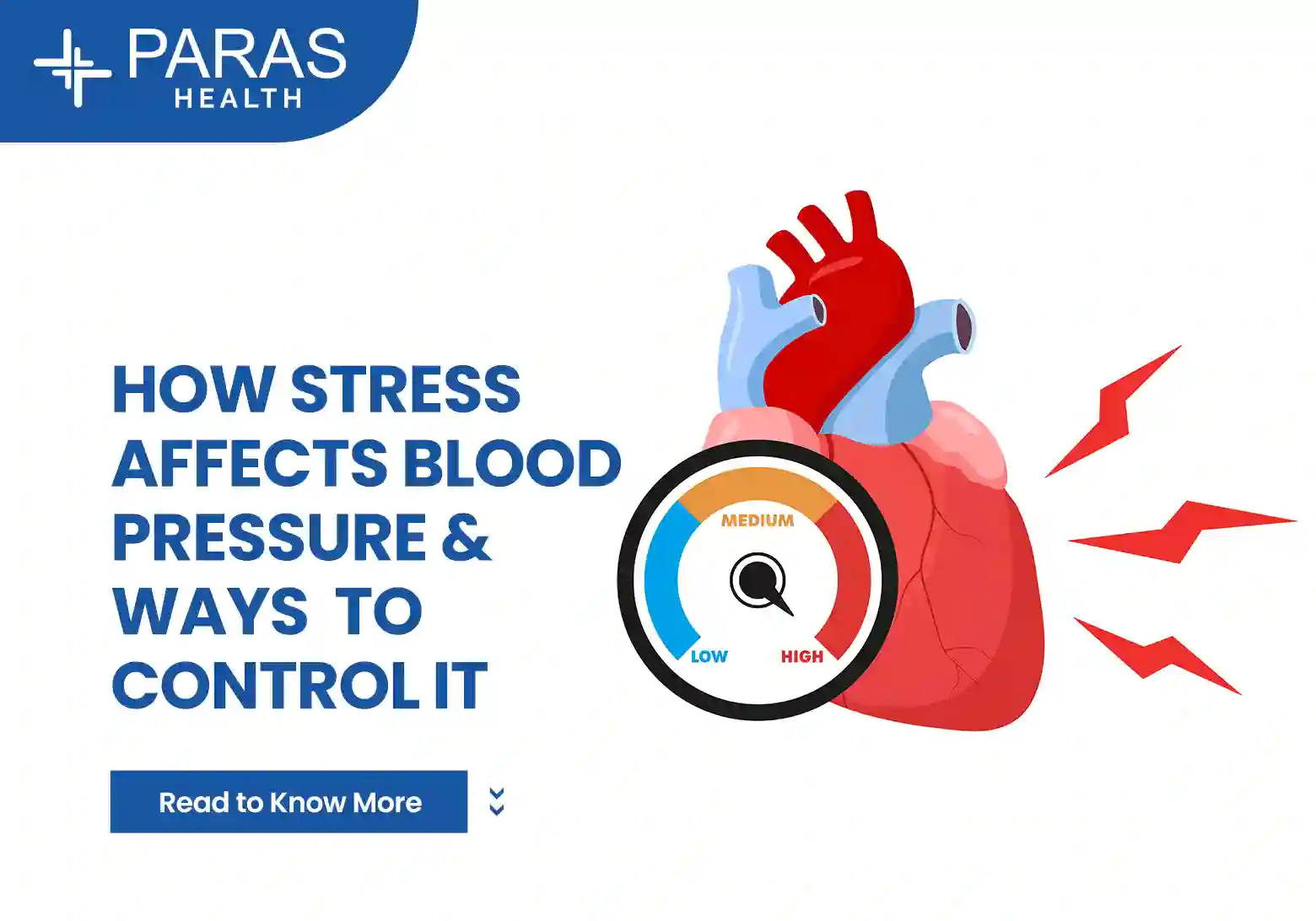
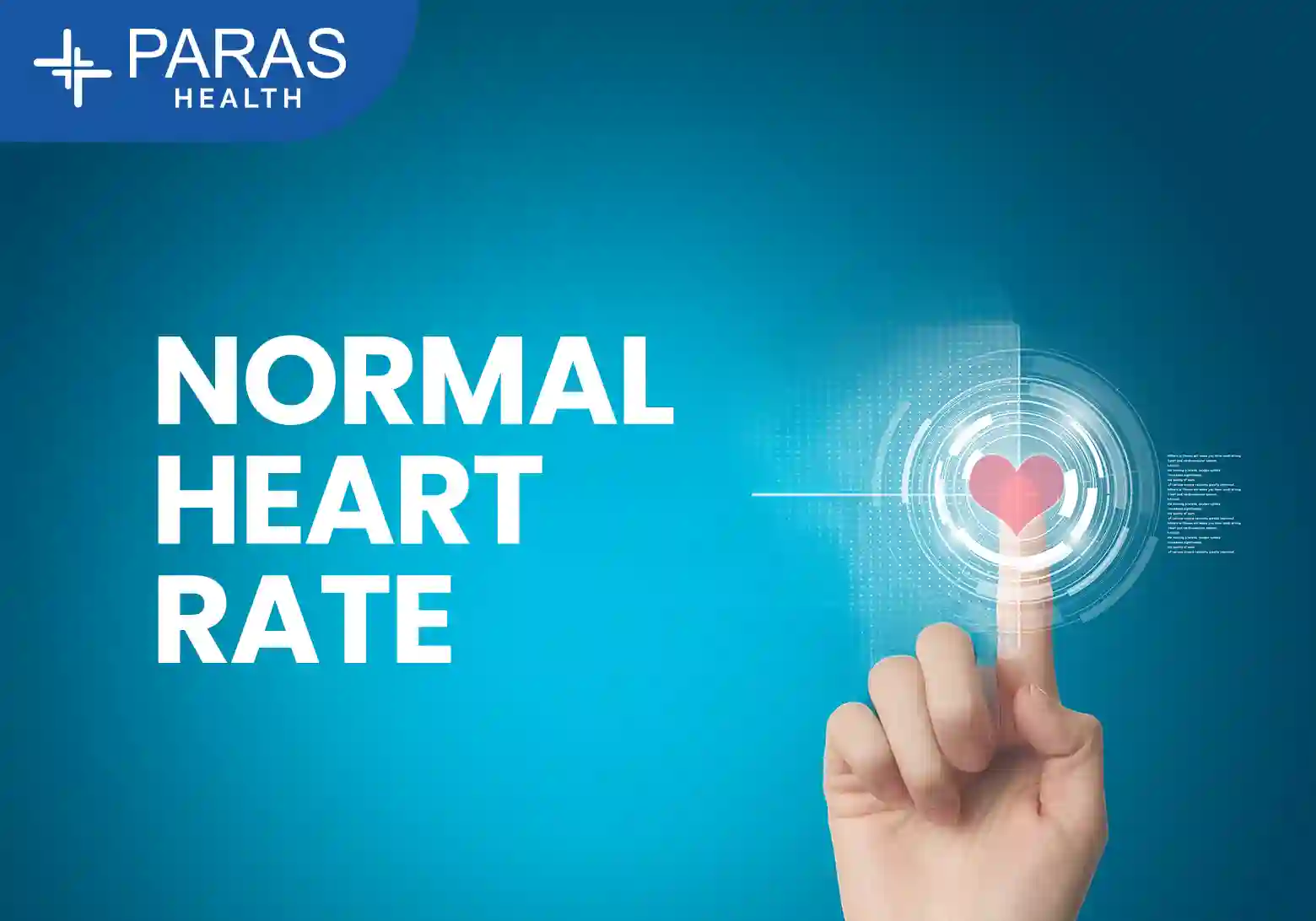
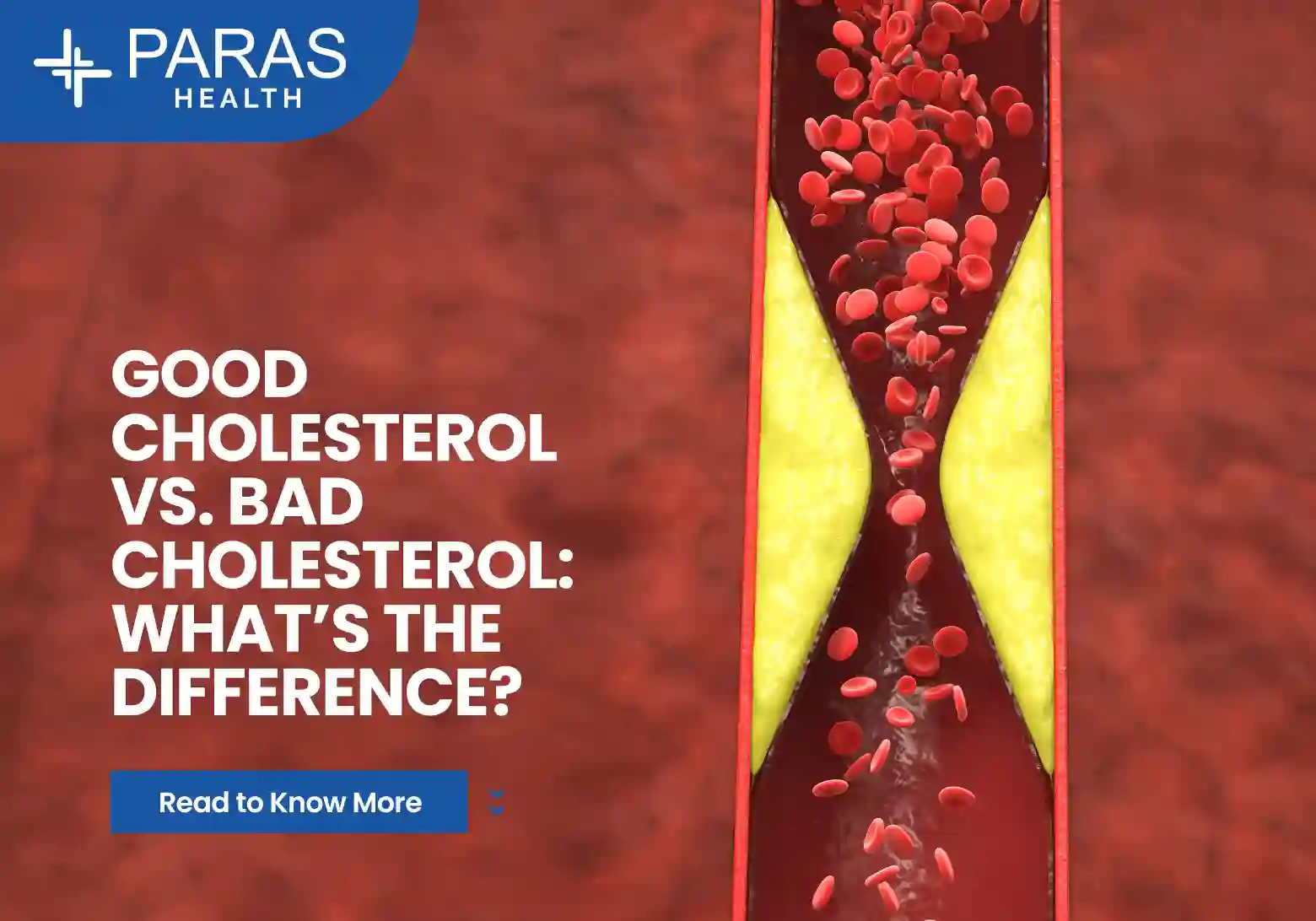
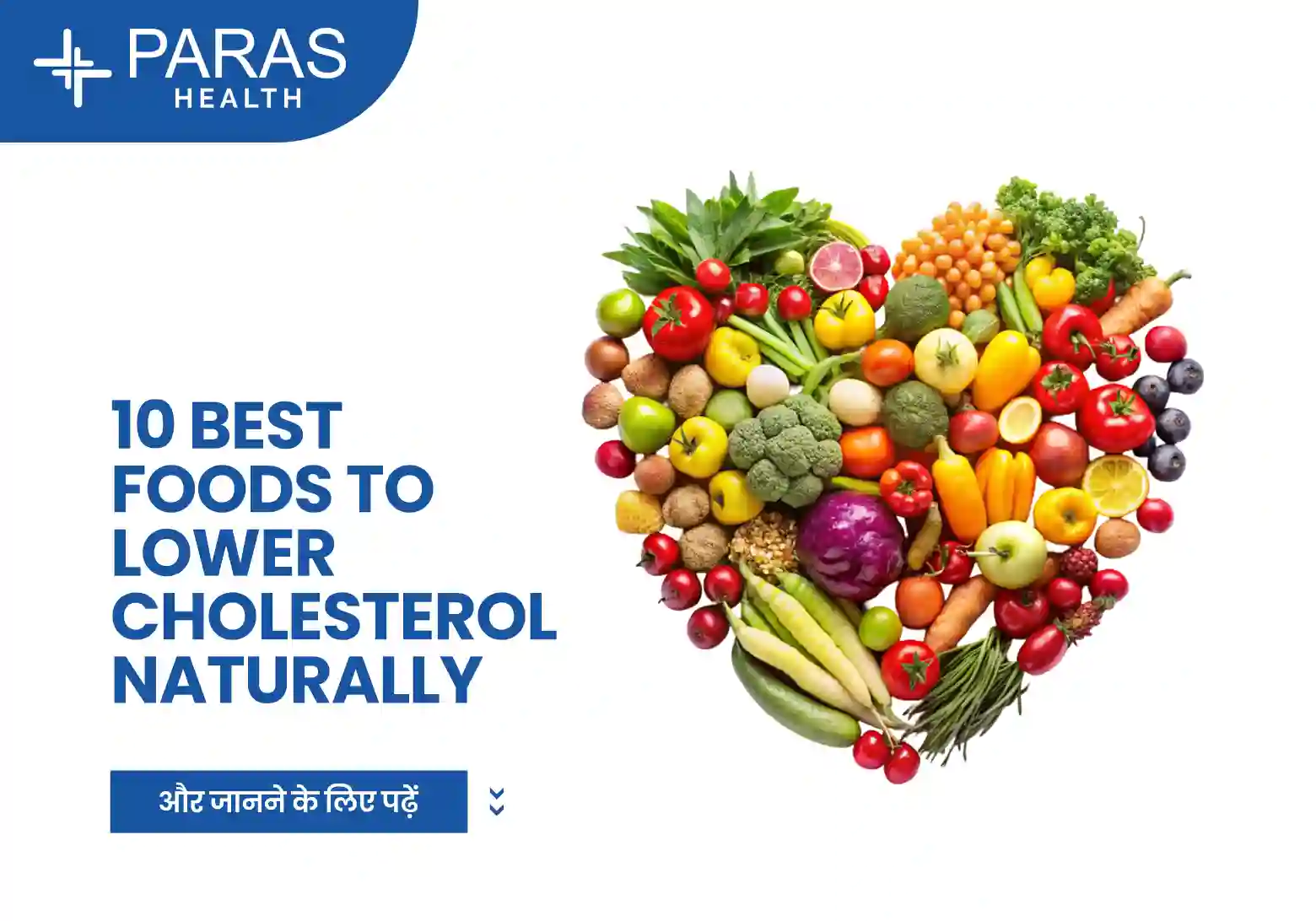
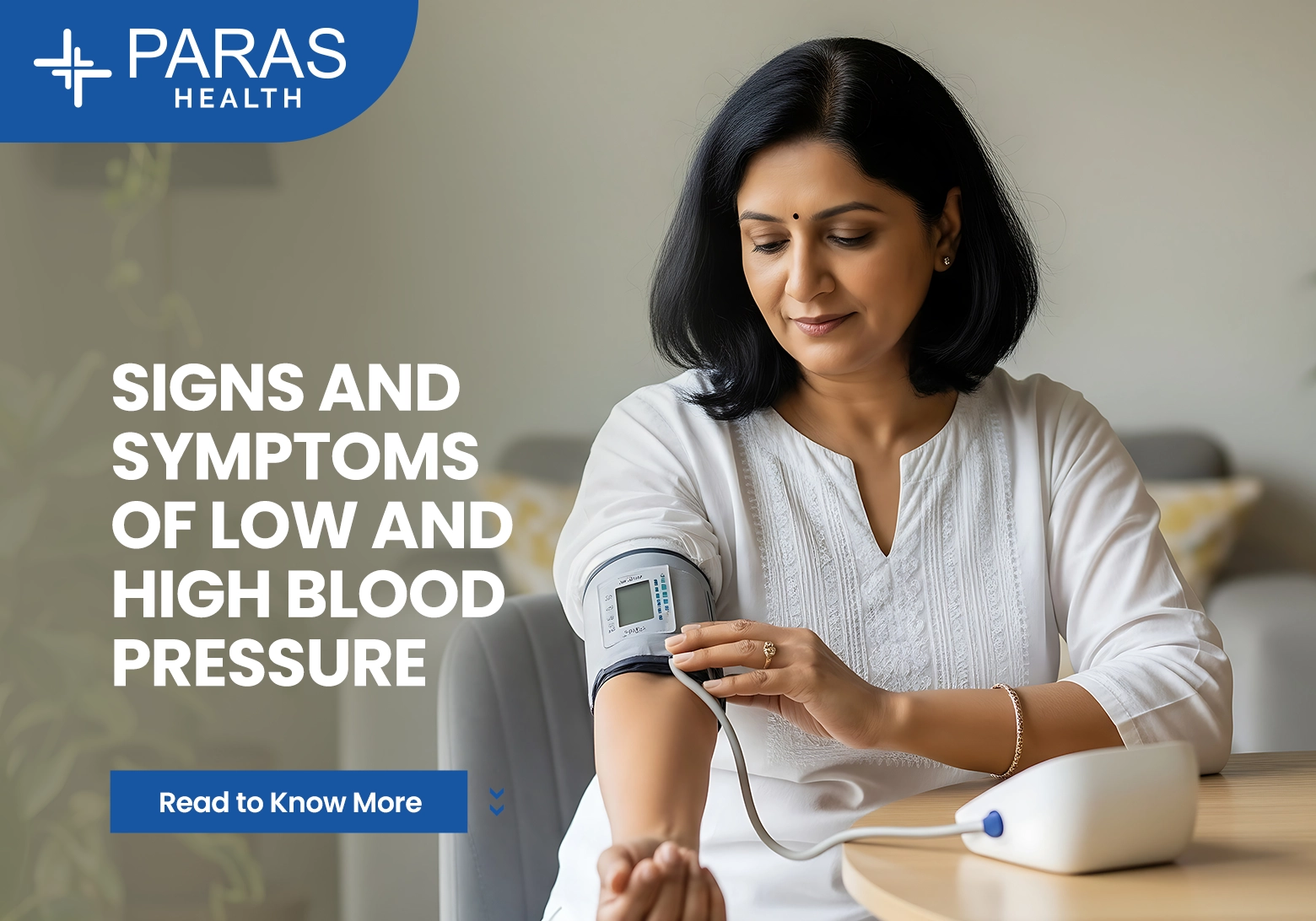
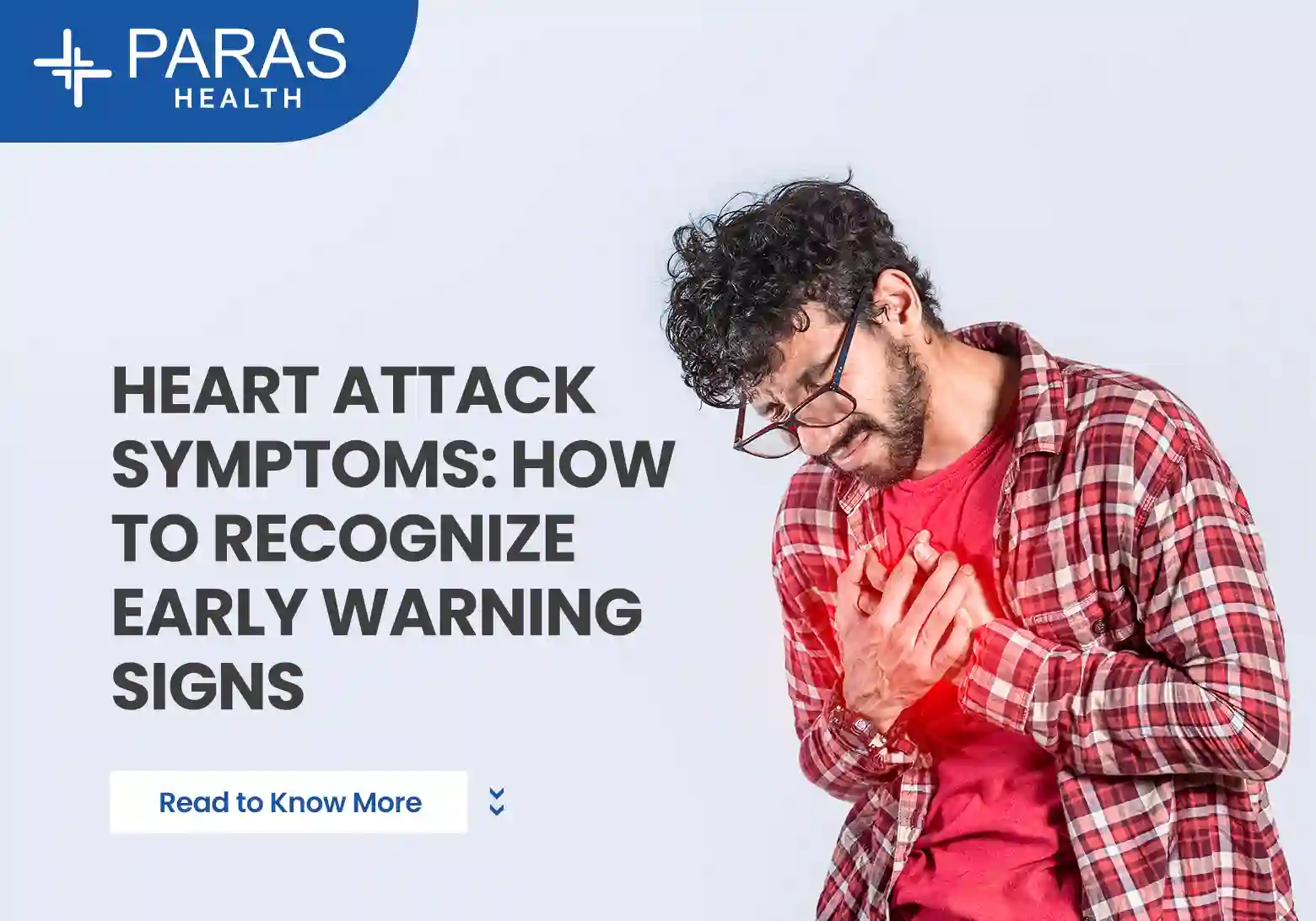

.png)